The Chinese Communist Party (CCP) concluded a four-day political conclave on July 18, vowing to implement “comprehensive reforms,” particularly targeting the economy. Alongside these announcements, Beijing also disclosed the removal of its former foreign minister from a top political body, indicating possible internal conflicts.
The conclave, known as the Third Plenum, was convened by the CCP’s Central Committee, led by Chinese President Xi Jinping. According to state-run media Xinhua, the committee adopted a resolution outlining its decisions, but only a summarized communiqué was made public.
The communiqué covered a broad range of policy areas, including social security, income distribution, healthcare, and financial system reforms, but lacked concrete details. Experts suggest that the communiqué offers little substance but hints at political infighting within the regime.
Analysis of the Communiqué
“The communiqué was just some political slogans and clichés,” said Feng Chongyi, an associate professor of China studies at the University of Technology Sydney, describing the economic reforms as “nothing new.” Similarly, Kung Shan-Son, an assistant research fellow at Taiwan’s Institute for National Defense and Security Research, stated that the CCP “is singing the old tune,” despite mentioning reforms in the military, economy, rural regions, technology, and talent development.
Mr. Kung noted that more detailed insights into China’s reform agenda could emerge if the CCP publishes the full text of the Central Committee’s resolution. The summary mentions addressing risks in the real estate sector, mounting debts of local governments, and reforms in foreign investment and outbound investment management systems.
“Foreign investors and businesses have concerns about their safety due to China’s extensive control and risk prevention, which are the main causes of China’s economic stagnation,” Mr. Kung stated. He also pointed to international resentment caused by the theft of foreign technology.
The communiqué also touched on improving China’s Belt and Road Initiative (BRI), which the House Select Committee on the CCP warns is used by Beijing to impose debt on developing countries to exert influence. All reforms are aimed to be completed by 2029, to achieve “socialist modernization” by 2035.
The document emphasized national security, social control, and the CCP’s leadership role, highlighting Xi’s concerns about maintaining tight control. Social control, or “stability maintenance,” refers to the regime’s repression of dissenters.
Mr. Feng is pessimistic about the Chinese regime’s future, stating that the CCP continues to prioritize Party control over economic prosperity. “The meeting doesn’t change the Party’s direction, which is to restore [Maoist-style] totalitarianism and reinforce the Party’s authority,” he said.
Political Infighting
In addition to policy targets, the conclave revealed that Qin Gang, China’s former foreign minister, has formally stepped down from the CCP’s top leadership body. According to a communiqué released by Xinhua, the CCP accepted Mr. Qin’s “application for resignation” and revoked his Central Committee membership.
Mr. Qin, once considered Xi’s protégé, was replaced without explanation in July 2023, only seven months after his promotion to foreign minister. This lack of clarity has fueled speculation about the reasons behind one of the most significant shakeups within the CCP, with some linking his ouster to an extramarital affair and others to political infighting.
The July 18 statement did not provide further details or indicate that Mr. Qin was under investigation. Analysts interpreted it as a sign that Mr. Qin might not face severe consequences. “Qin Gang was referred to as ‘comrade,’ indicating that he hasn’t been expelled from the Party and is not subjected to any punishment, aside from being stripped of his titles,” said Mr. Feng. He described it as a “soft landing” to avoid embarrassing the Party’s leadership.
Mr. Kung, who monitors China’s political system, noted that the circumstances behind Mr. Qin’s dismissal are not as severe as expected. He compared Mr. Qin’s description to that of another former minister, Li Shangfu, who was expelled for “serious violation of Party discipline and the law,” a euphemism for corruption charges.
The statement appears to confirm political infighting. Mr. Kung believes Mr. Qin’s downfall is likely related to a power struggle with the CCP’s top diplomat, Wang Yi. Mr. Wang had held the foreign minister post for nearly a decade before Mr. Qin’s appointment and reassumed the position after Mr. Qin’s dismissal.
Since Mr. Qin’s departure, Beijing has fired more than a dozen senior military officials and leaders from the country’s major defense-technology firms. These include officials commanding the Rocket Force, a military unit overseeing conventional and nuclear missiles. On July 18, the CCP announced that Sun Jinming, the Rocket Force’s chief staff, has been expelled from the Party for “severely violating discipline and law.”
Conclusion
The recent political conclave in China, while outwardly promising comprehensive reforms, appears to be a stage for showcasing internal power dynamics and reinforcing Party control. The removal of high-ranking officials and the vague, broad policy goals suggest ongoing political maneuvering within the CCP. Despite pledges for economic reforms and modernization, the emphasis on national security and social control points to a continued focus on consolidating power rather than addressing economic stagnation.

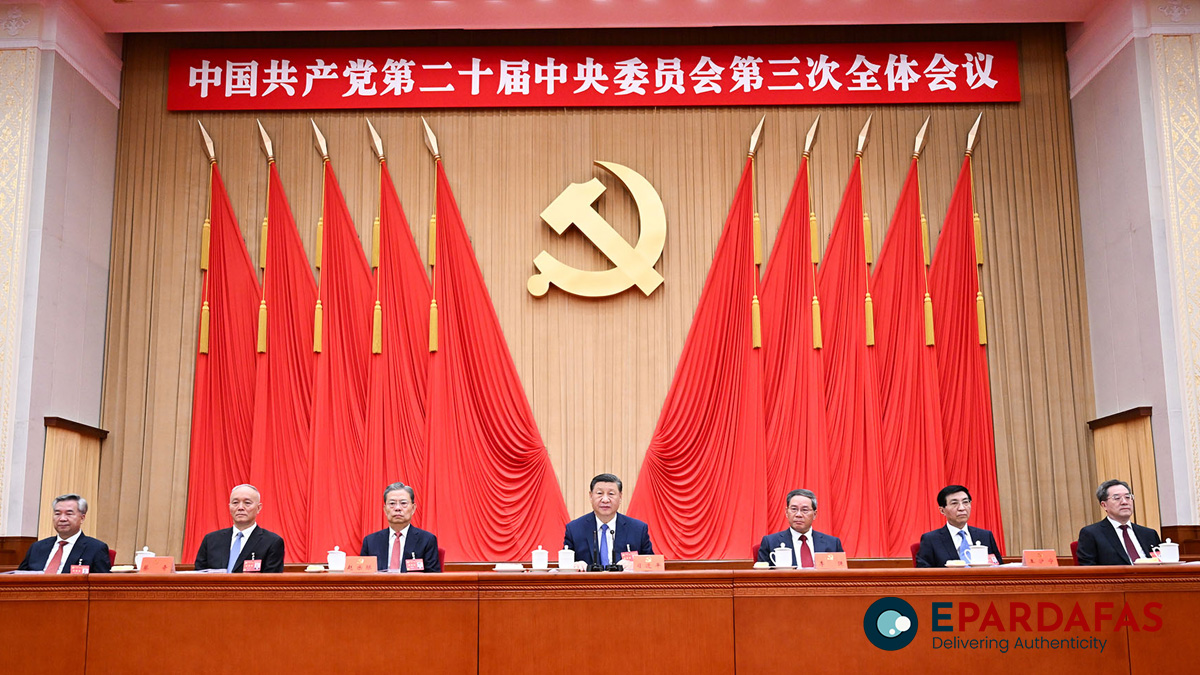

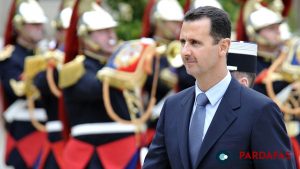

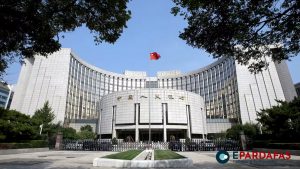
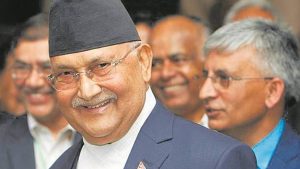






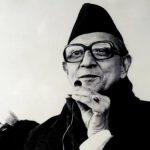
Comments